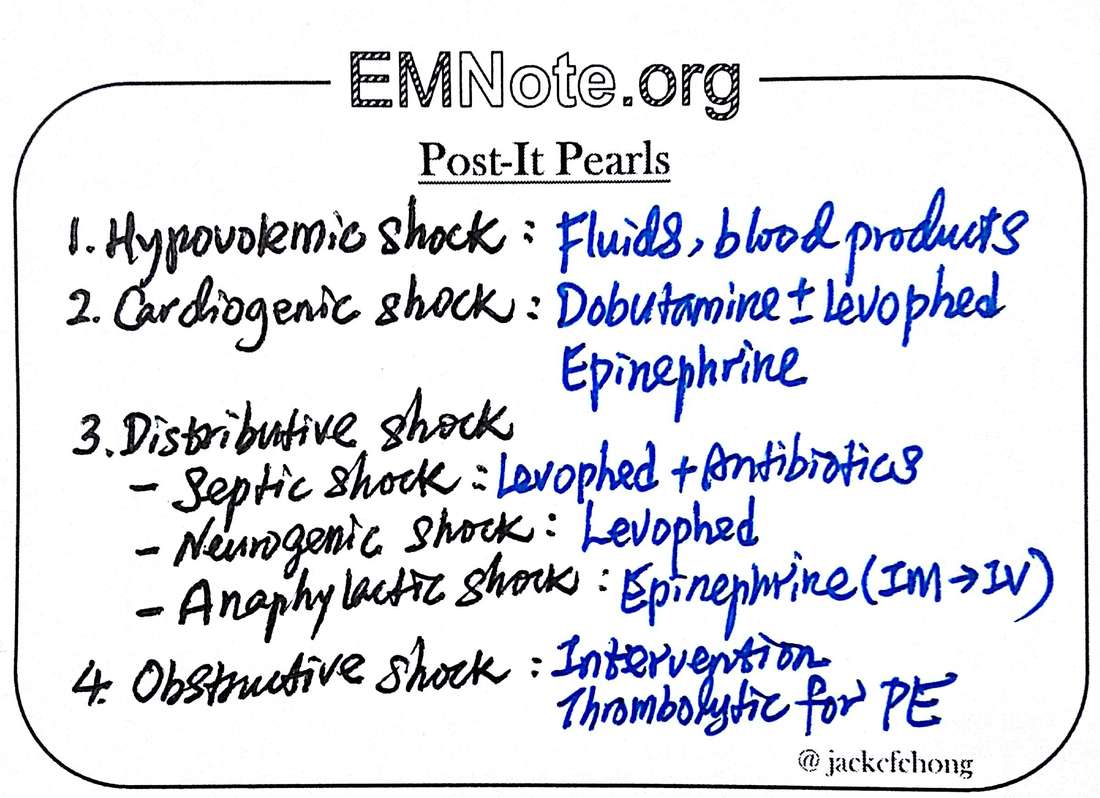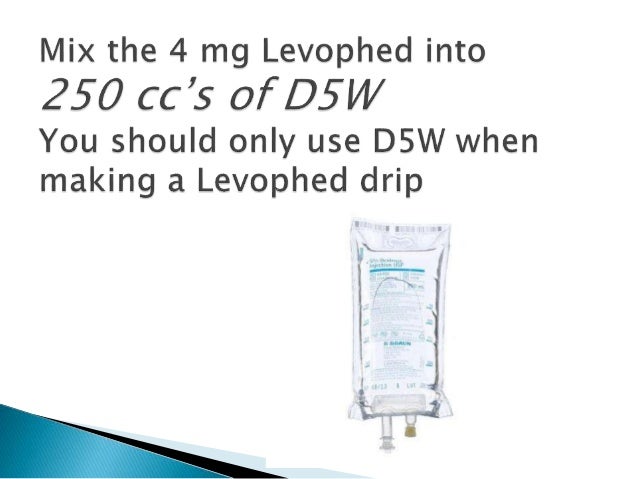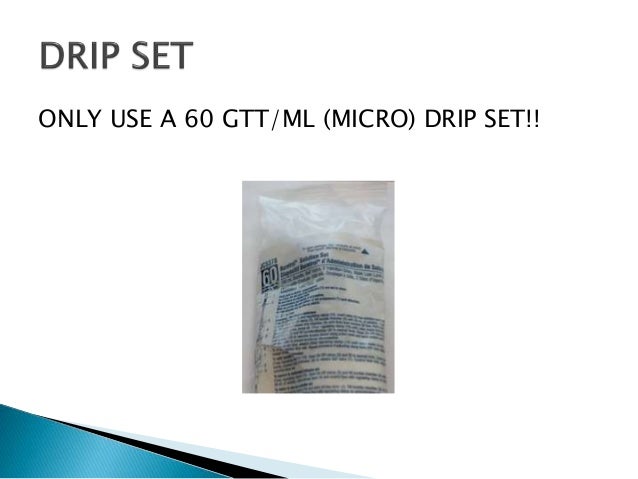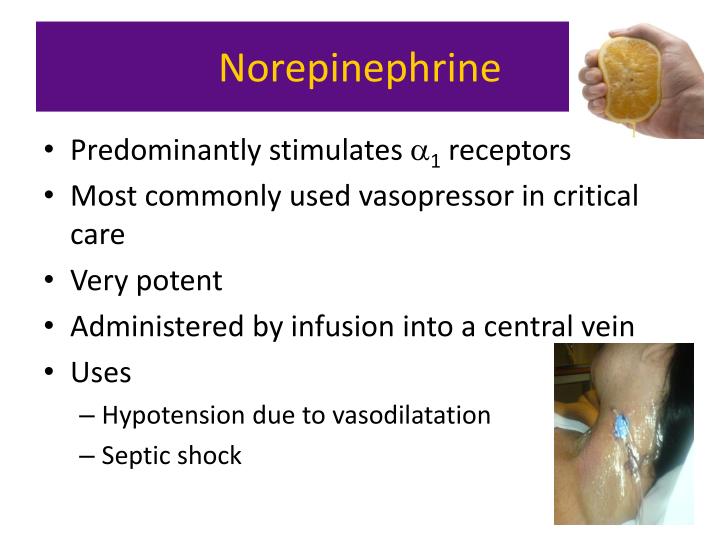


Inside Chloe Sims' 41st birthday bash: Former TOWIE star is lavished with a private pianist and bespoke cushions as she celebrates in LA

Gordon Ramsay 'signs on to make new dating show called Highland Fling that will see Scottish hunks search for love'
LEVOPHED DRIP FREE
The free risk score that could change your life: What you might not know about type 2 diabetes - and how you can check your risk with an easy online tool Helen Flanagan 'plans epic return to Coronation Street next year' - following her 'split' from fiancé Scott Sinclair

Prince Harry did NOT make any changes to his memoir Spare after the Queen died, chose the title HIMSELF, claims Meghan Markle's friend Omid Scobie 'It was the best thing that ever happened to me': Selena Gomez reflects on 'worst break-up ever' with Justin Bieber in harrowing new documentary 'It came out of left field!' Keanu Reeves 'reacts to THAT Matthew Perry jibe' - after Friends star questioned why Speed actor 'still walks among us' Vibra was fined $75,000 over the patient's death, but did not issue a statement and could not be reached for comment.Ĭhloe Green gives birth! Heiress is seen for first time since welcoming second child with husband Manuele Thiella
LEVOPHED DRIP HOW TO
'It also failed to develop and implement policies and procedures for establishment of a safe and effective system for the storage, dispensing, and use of drugs.'Īccording to a statement released last month, Vibra has since put all of its warning signs in all capital letters, moving vials of concentrate out of their accessible locations and shutting down the whole ICU where the patient died until all of the nurses there had been properly trained on how to safely give medications. 'The department determined the facility failed to administer a medication as prescribed by the physician or in accordance with facility policy,' the California Department of Health wrote in its report. Less than half an hour after the nurse had entered to give them their medications, the patient was dead. Levophed is a powerful vascular constrictor which causes veins to tighten up, pumping blood more quickly to various parts of the body.īefore the nurse had even finished pushing the IV medication, the patient's heart was overwhelmed their heart. The nurse pushed the concentrated drug into the patient's IV, sending 3,000 to 8,000 times the dose of Levophed coursing through the patient's veins. According to the long-term care hospital's policy, a second nurse was suppose to sign of on the medication, too, but didn't. Despite the potent vials in it, the drawer did not have a warning to that effect, though one of the several laptop screens she had to consult in the medications room warned that Levophed needed to be diluted.Īll the while, just across the room, the prepared pack of diluted Levophed the patient was meant to get was in the refrigerator on the other side of the room.īut no one alerted the nurse. Nevertheless, she retrieved the vial of concentrated Levophed from a drawer in the medications room. Nor did she check the patient's record to see that the doctor had instructed Levophed to only be administered if the patient's average blood pressure was below 65, the nurse admitted. She had never given the drug to a patient before, was not familiar with it and told the California Department of Public Health that she didn't check the touch screen monitor attached to the IVs for instructions. The nurse came in to give the patient their daily 9am medications, which included an IV drip of Levophed diluted in 250mL IV drip. In the case of the Vibra patient, there were several failures that suggested the nurse had not been properly trained or overseen and the hospital hadn't adhered to simple policies like proper labeling that might have prevented the deadly disaster. These mistakes cost somewhere between 250,000 and 440,000 people their lives every year (depending on who is counting and how they are counting).Ī recent Johns Hopkins University study found that it is not so much individual bad doctors or nurses, but failure in systems and safety nets that lead to these deaths. When patients wind up in the hospital, they are often already facing a medical emergency, and health care providers are scrambling to figure out what's wrong and what the best course of treatment is.īut many of these errors are not judgement issues, but rather the results of system errors, poor training, or plain oversight and carelessness. A California man died after a nurse at a long-term care facility administered as much as 8,000 times the correct dose of a drug to raise blood pressure, a recent report revealsĪfter heart disease and cancer, medical errors are the third leading cause of death in the US.


 0 kommentar(er)
0 kommentar(er)
